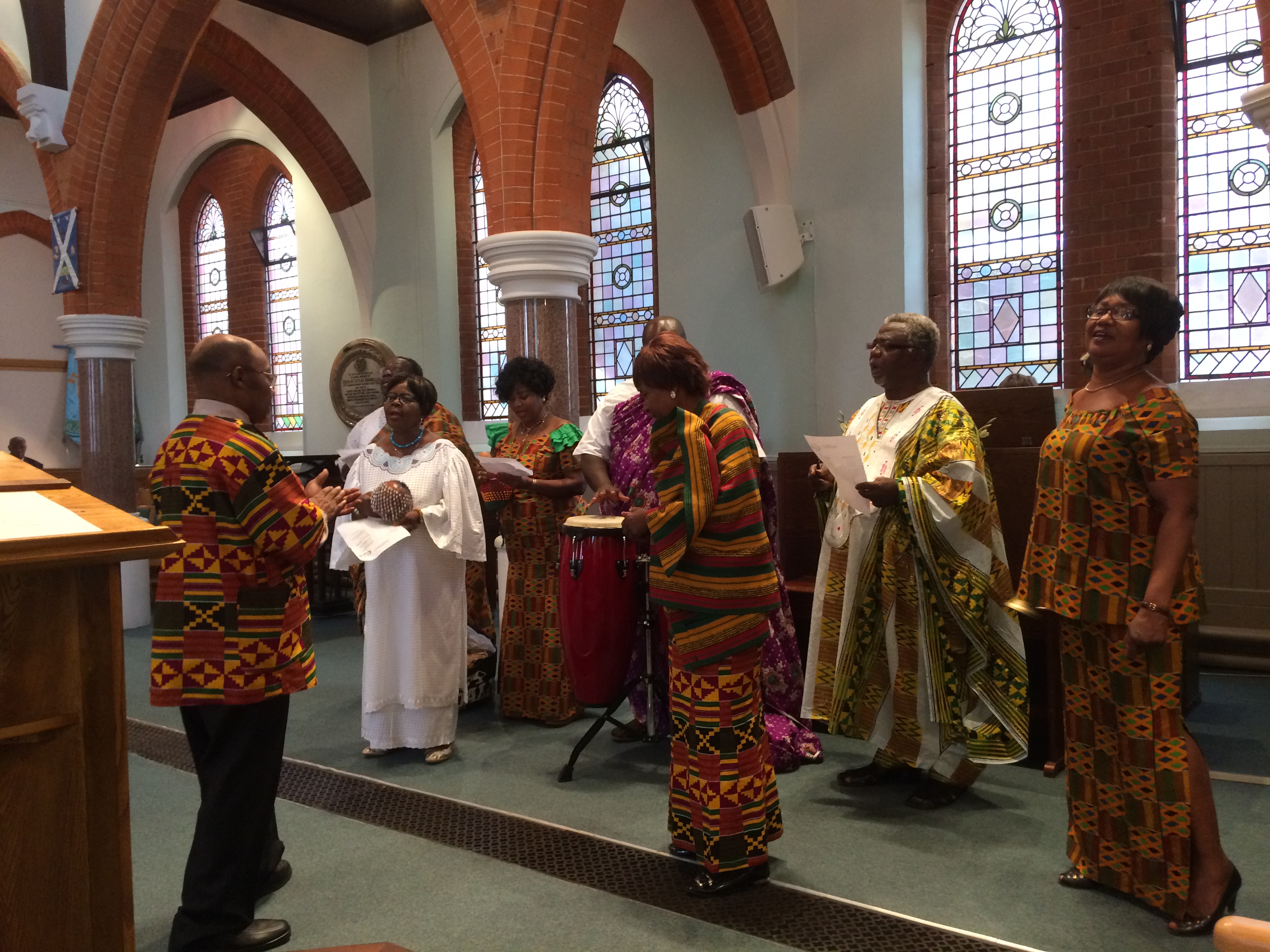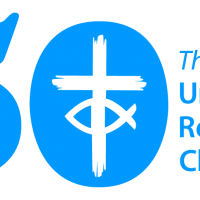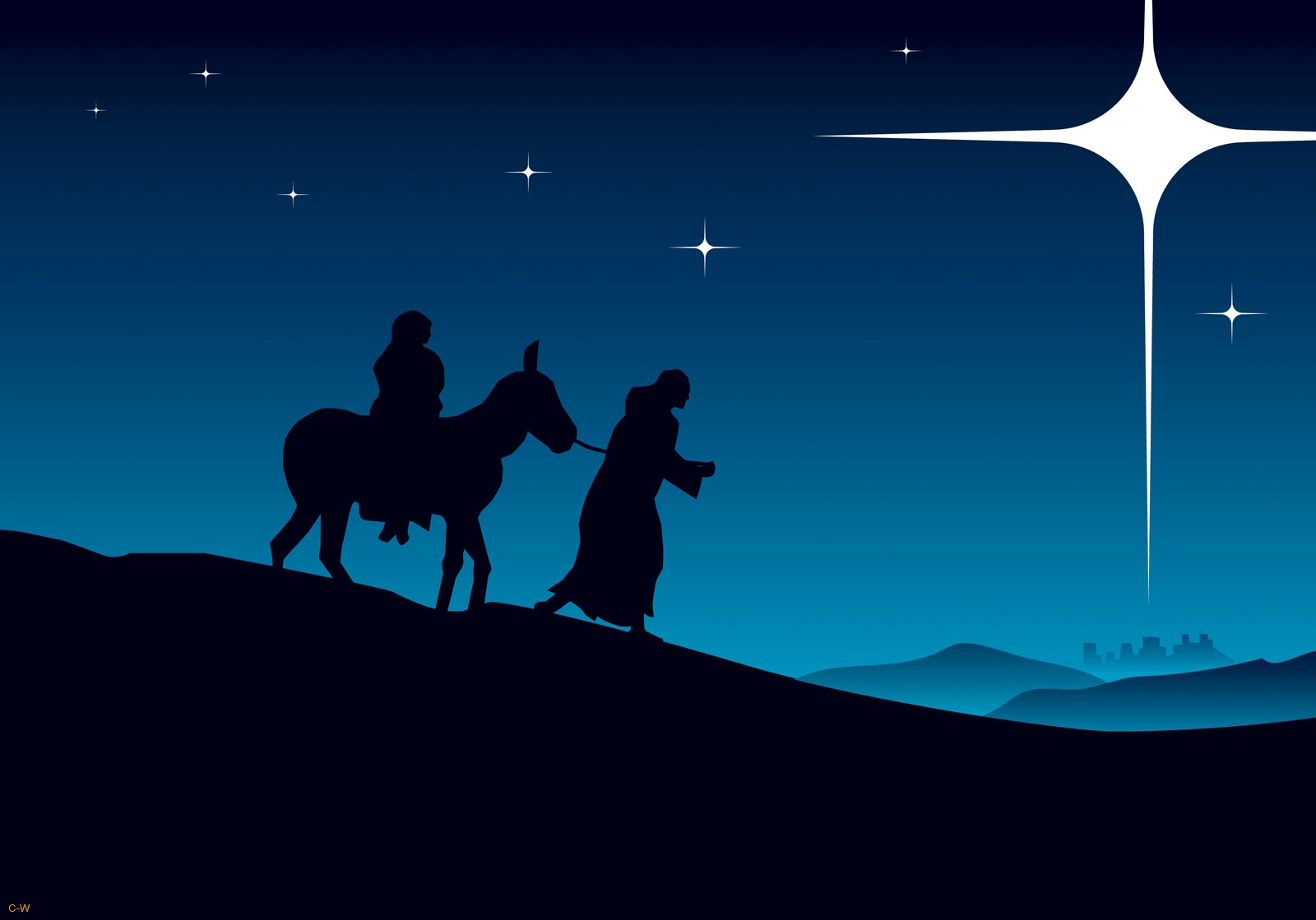Sermon given by Revd Maggie Hindley 22 Nov 2023
The story of the Bible is a story of standing up against Empire. In our first reading from right near the beginning of salvation history in Exodus, the prophet and man of action Moses is complaining to God about the very difficult task he’s been charged with but, he says, not properly equipped for. His job is to lead his people, Hebrew slaves, out from the Egyptian Empire and the tyranny of the Pharaohs. Moses complains that God is too distant, too remote and unknown, for himself and the people to trust. God promises Moses – and delivers – an experience of his living presence. It’s transcendent, other worldly, awesome, life changing, intimate. God puts Moses in a cleft of rock and covers him with his hand as though he was a little child. Knowing God in the depths of his being, Moses succeeds in leading the people through their daring escape and, eventually, into forming them into a nation.
The people make all sorts of mistakes over the centuries. God sets up Judges, wise and holy men and women, to rule over them, but they are resistant and constantly run into times of atrocity at home and defeat from enemies abroad. They ask to have kings, as other nations have – and they get them in spite of God’s disappoval, but at a cost. Though some of the kings are Godfearing and intelligent, others are greedy, self centred and violent. Israel is eventually taken into captivity by the Babylonian Empire. The Babylonian Empire falls to the Persian Empire and there’s a little bit of exceptionality when Cyrus, the Persian Emperor, allows religious freedom and permits the Jews to return to Israel. But Israel later fell under the Hellenistic Empire and by the time of Jesus, of course, was under brutal Roman occupation. That occupation, and the way it oppressed people and generated collusion by the Jewish religious leaders and collaboration by tax gatherers, is the context of the gospels. Jesus died the excruciating and humiliating death Rome handed out to all who stood up to it.
Today’s gospel story is one example of Jesus standing up to Rome. The religious leaders who were in cahoots with Rome put him on the spot. Should we pay the taxes Rome demands or not? If Jesus says No, he’s done for. If he says Yes, he loses his credibility with the ordinary people whose lives are terribly burdened by the excessive taxes they had to pay. So he asks a question that looks at the issue at a deeper lever. What do we owe Rome? One Biblical scholar said that the obvious implied answer was to kick Rome out. What do we owe God? To adhere to the values of the Old Testament prophets – care for all, justice, truth speaking, a welcome for the stranger. And, more, the kind of awe that Moses experienced when he had that experience of God’s presence. Living as though there is something greater than our little lives, greater than the empires that rise and fall. Living, not for Empire, but for the Kingdom of God.
What did he mean? I think our children’s story helps. The greedy king possessed all the might of Empire – power over life and death, control of armies, incredible wealth. But what wins out in the story is a different kind of power – the old woman’s power of kindness and truth telling and resilience. Happiness over against acquisitiveness. Action for the good of others over against violence. Beauty. Skill. Joy. Lightness. And laughter over against the heavy demand for obedience. Risky behaviour, prompted by the life of the Spirit.
I think it’s hard for us today to understand how different the Kingdom of God is from Empire. The Church took root and grew as a faith of people on the margins, people who lived by prophetic values. But since Christianity became the official religion of the Roman Empire under Theodosius in 380 it has been co-opted by Empire after Empire as the religion of the state. It’s been used to justify wars and pogroms, privilege and oppression, settler colonialism and the exploitation of both peoples and the earth’s resources. The Empire is always trying to co-opt the Kingdom. Of course it’s a dilemma for the Church of England today. The Church hopes to influence the State for the good, and indeed it does, but is always prone to compromise on important issues in order to keep its power and influence.
Be grateful for our own tradition, which I believe gets closer to what Jesus was on about in today’s story. Our wonderful Statement of the Nature, Faith and Order of the URC says boldly and clearly:
We believe that Christ gives his Church
a government distinct from the government of the state.
In things that affect obedience to God
the Church is not subordinate to the state,
but must serve the Lord Jesus Christ, its only Ruler and Head.
Civil authorities are called to serve God’s will
of justice and peace for all humankind,
and to respect the rights of conscience and belief.
While we ourselves are servants in the world
as citizens of God’s eternal kingdom .
If God has separated the state from the religious community in Christianity, it’s interesting to think about whether that applies to all states and all faiths; whether it’s better that the state always by ruled by secular authorities, that faith communities always refuse secular power. I think so!
We should be proud. You should be proud here at St Andrew’s about the many causes you have supported recently and in the past. And we should seek also to continue the tradition. As URC churches get smaller and more stretched, it’s easy to become inward looking and to focus primarily on congregation building and worship. I believe that’s a mistake. We don’t have to be big organisations with lots of projects to influence the life of our city and nation. I think especially of the way we – you and I – can and sometimes do model the value of family life, the importance of enough for all, hospitality to refugees, putting right some of the wrongs set in motion by the slave trade, building peace where there is enmity. Maybe some of us wrote to our MPs or signed petitions calling for a ceasefire in Gaza this week. If so, good! That’s following the actions of Moses and the teaching of Jesus.
We are called to remain outward looking, whatever our circumstances. Often that means going against our own instinct to take cover and express our views only from our armchairs in front of our preferred type of screen. It’s good to remember how important it was to Moses to actually have an experience of God, and to spend time in his presence, to listen for his call and his reassurance. It’s good to join Jesus in his complete trust in the will of his father………
Our tradition’s track record for care about the whole of society, century after century, and the way we punch above our weight on issues of justice today, has been possible because we have always seen ourselves as subordinate only to Christ and as critical friends and servants of the state. Like Moses, our predecessors knew God in the depths of their being. As with Jesus, their intimate love for God led them to answer God’s call always and everywhere, whatever the cost.
May we follow in their footsteps. With the grace of God at the centre of our own lives, and the centre of our life together, may we sit loose to the values of the world we live in; but as beloved citizens of God’s kingdom may we love our world just as it is and act as channels for the freedom, justice and peace that it God’s will for us all.





